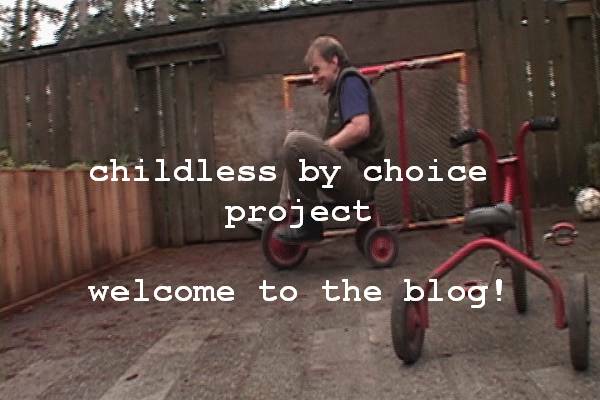Anna believes that when we make this alternative choice, it challenges a very primal belief system, and people become upset. I agree. It's a clash of values and beliefs. You think having a kid is an important milestone, critical to your maturity and happiness, and I beg to differ....
Here Anna's thoughts from the NYT article titled: "What to Say When People Ask Why You Aren't Having Children."
For some, staying childless contradicts their worldview
When people push back about it, they seem to be more upset at having their sense of order questioned. Sometimes that can lead to interactions that feel hostile.
Many people assume that having children after marriage is the natural progression of life. They may even see my reluctance to have kids as a personal affront, as if I’m criticizing their choices.
Not only is it exasperating to justify myself to people who have no stake in the process, but people have rarely been enthusiastic about my decision unless they’ve decided to be child-free too.
As far as how we might respond to these intrusive inquiries. Anna responds with some restraint, particularly with people she doesn't know well:
When strangers ask about my plans for a child-free life, it can come off as if they’re really asking what kind of person I am.
Personally, I usually make light of it and say "Most of my friends couldn't imagine a life without kids, and I couldn't imagine a life with them!" and then laugh.It takes effort to keep my cool. After a few deep breaths, I run through my usual answers in a measured tone: Yes, I love children, but I don’t feel an urgent need to have my own. No, it’s not because I’m a selfish jerk. Then politely assert that my husband and I are making decisions based on what’s right for us as a couple. I don’t elaborate more than that if I don’t want to.
How do you respond?













.jpg)



